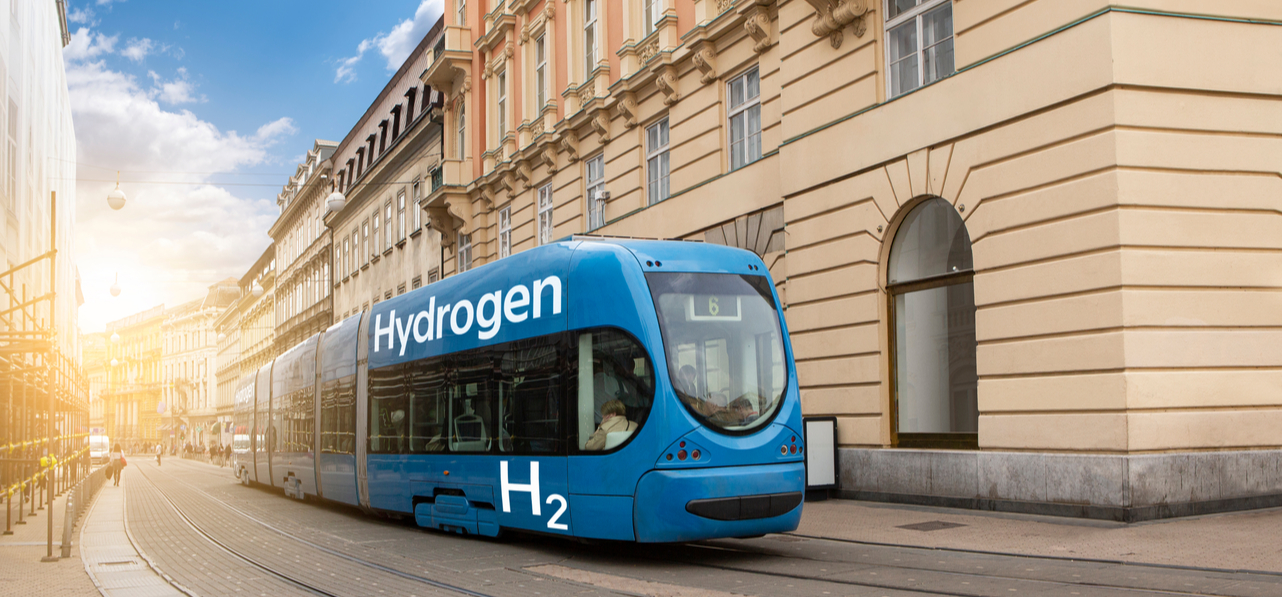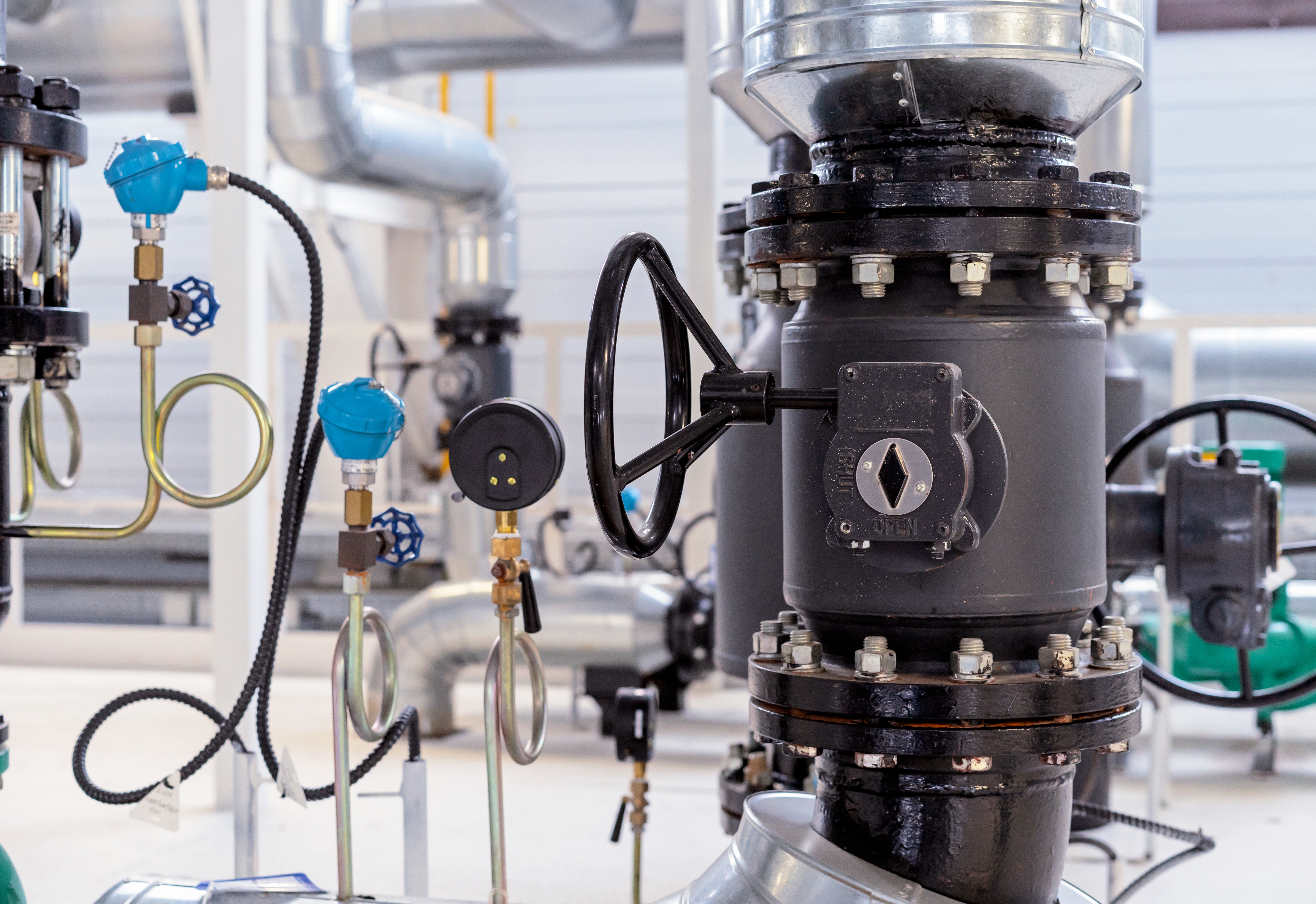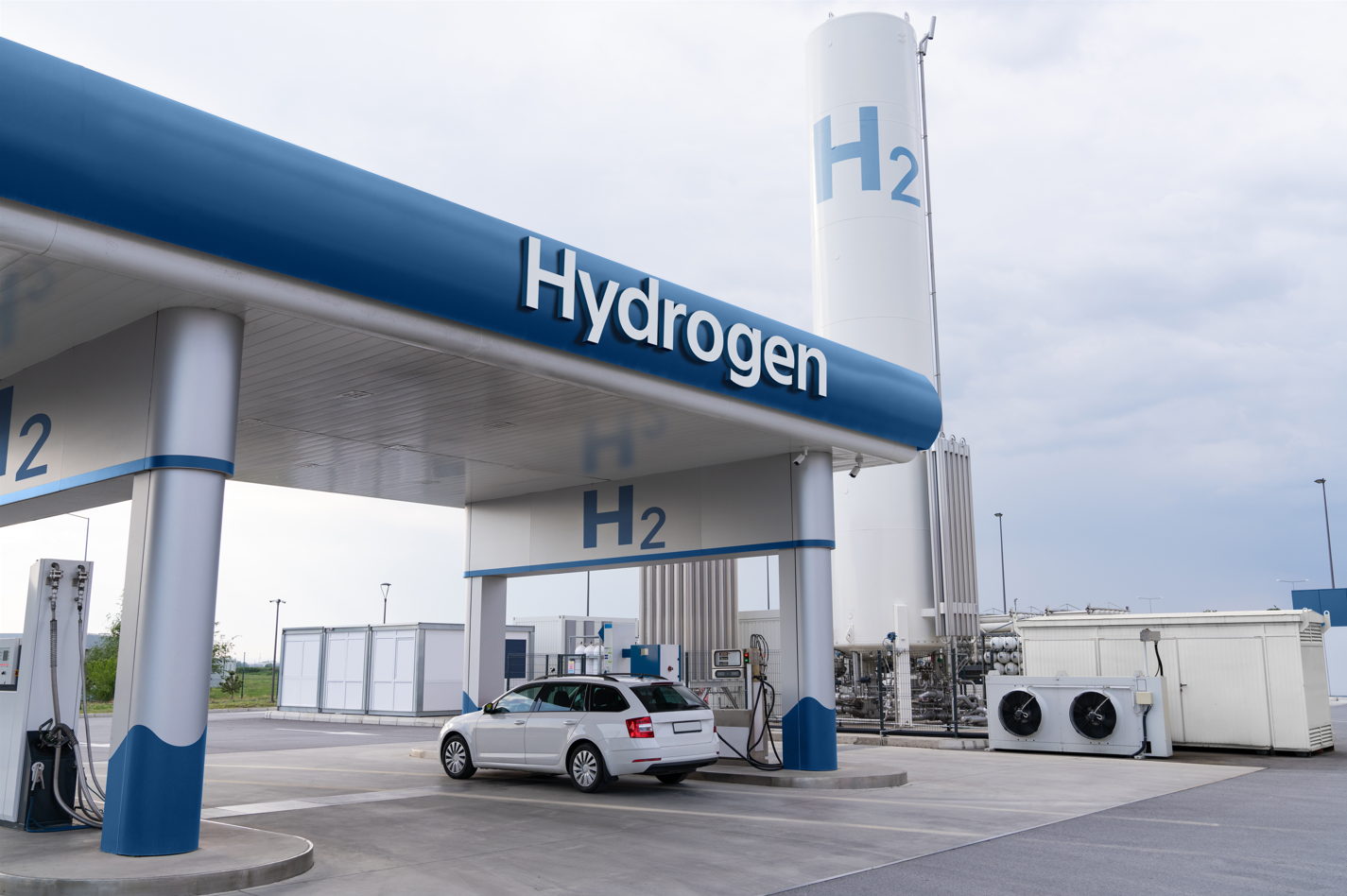Featured Articles
2022-10-10
With hydrogen fuel technology, the automakers starts to expand into the new market of trains
 Automakers have mastered hydrogen fuel cell technology for vehicles that can extend their application fields to trains.
Automakers have mastered hydrogen fuel cell technology for vehicles that can extend their application fields to trains.Since hydrogen energy trains can generate electric kinetic energy by themselves, without the need for power supply infrastructure, the construction cost is lower, which has become a new development trend of trains. French transportation company Alstom is the world's first developer of mass-produced hydrogen trains. The train called Coradia iLint has a cruising range of 1,000 kilometers. It has been put into commercial service in Lower Saxony in 2018, and continues to operate in Germany, The UK, Italy, Austria and France have a test programme or official operation.
Automakers that have mastered hydrogen fuel cell technology for vehicles can extend their application fields to trains. Hyundai Motor's NEXO hydrogen fuel cell is used in the hydrogen-powered electric vehicle development project supported by the Korean government with a cost of about 35.8 million US dollars. Hyundai Rotem, a railway train company under Hyundai Motor, will cooperate with five electric vehicle parts companies for system integration and verification. Before 2022, the motor and braking system of the train will be developed, and in 2023, it will be integrated into a hydrogen-powered train, and performance tests will be conducted.
Toyota Motor, Hitachi and JR East Japan announced in 2019 that they will cooperate in the development of test railway vehicles equipped with hybrid power systems, using hydrogen fuel cells and batteries as power sources. Fuel cell equipment will be developed by Toyota, and hybrid drive systems will be developed by Hitachi. Safety testing has been completed in February 2022, but it is not planned to go into commercial operation until 2030 to replace existing diesel trains, five years after Hyundai was involved in the plan.
In addition to trains, Hyundai has gone one step further by pushing hydrogen fuel cells into aviation. In 2021, the company established the Supernal subsidiary to launch the first lithium battery-powered five-seater prototype aircraft developed based on the eVTOL vehicle cab concept. It plans to enter the US market in the form of an air taxi in 2028. In July 2022, the company went a step further and signed a memorandum of cooperation with Rolls-Royce Holdings, planning to work together to introduce pure electric and hydrogen fuel cell technology into the air transport industry, for urban air mobility (UAM) and regional air mobility (RAM) market, to provide low-emission solutions, with fuel cell-powered demonstrations expected in 2025. The current use of electric aircraft is limited by the energy density of lithium batteries and is limited to small, short-range passenger aircraft. Only by using hydrogen fuel cells can the benefits of high-load and long-distance flight transportation be achieved.
References
-
2022-02-02, 技術オフィス Tech-T,水素エネルギー社会(31)MIRAIとNEXO 2021年販売台数
-
2022-02-06, 技術オフィス Tech-T,水素エネルギー社会(32)日韓 水素ステーション比較
-
2018-03-27, Hyundai Press release, Hyundai Begins Sales of NEXO Fuel Cell Electric Vehicle
- 2022-08-02, Hyundai Press release, Hyundai Motor’s XCIENT Fuel Cell Heavy-Duty Trucks to Hit German Roads
- 2021-09-23, Pulse by Maeil Business News Korea & mk.co.kr, Lee Ha-yeon, Korea starts test on hydrogen trams for commercialization by 2023
-
2022-1-20, Electrive.com, Carrie Hampel, S.Korea to acquire 624 H2 fuel cell buses by 2025



